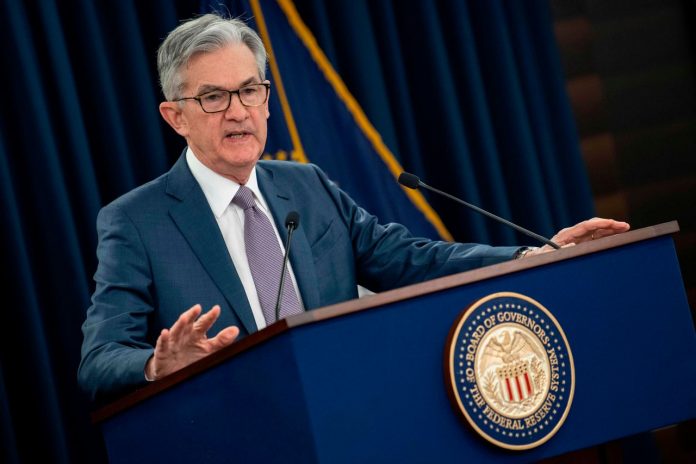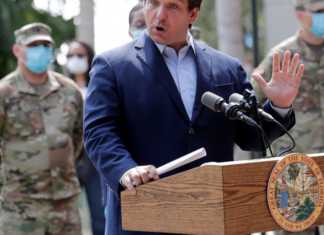
Last week, a record 3.28 million workers applied for unemployment benefits as the new coronavirus weighs on the U.S. economy, ending a long period of job growth that lasted about ten years.
This number of claims was almost five times higher than the previous record. The spike occurred for the week ending March 21, and it might continue to rise. States like Pennsylvania, Ohio, and California reported more than 100,000 claims each, which caused a lot of stress on unemployment systems, according to reporters Eric Morath, Jon Hilsenrath, and Sarah Chaney.
The weekly jobless claims report shows how many people are applying for unemployment insurance, which is a rough way to measure how many people are being laid off. In January, there were 1.68 million layoffs across the U.S. Most companies have also stopped hiring, which will likely hurt job numbers in March, April, and May.
Economists predict that the U.S. could lose between 8 million and 17 million jobs in the coming months. For comparison, during the last major recession from January 2008 to February 2010, the economy lost just over 8.7 million jobs. However, some economists believe that the job market might recover quickly this time. Paul Ashworth, an economist at Capital Economics, said, “If we’re really lucky, you might see some of those jobs coming back in June.”
Justin Lahart from Heard on the Street mentions that Wall Street economists might not fully understand how long this downturn will last. In just a few weeks, they went from thinking the U.S. would avoid a recession to predicting one of the worst economic downturns in many people’s lifetimes. Most experts believe that the economy will start to recover in the third quarter, but it won’t be enough to make up for the losses in the second quarter.
These predictions are based on the hope that the spread of the coronavirus will slow down and that restrictions will be eased so people can return to normal activities like dining out and attending games. But that is not guaranteed.
There are still jobs available, not just in retail and healthcare. Moving companies and food manufacturers are also looking for workers, such as delivering food, medicine, and other essential items to people. For example, Blue Apron is hiring more workers because more people want their meal kits. Companies that supply pet food and cleaning products are also looking for help with logistics and distribution, as reported by Chip Cutter.
Jerome Powell, the Chairman of the Federal Reserve, mentioned that the U.S. economy “may well be in a recession,” but the Federal Reserve is taking strong actions to help the economy recover once the coronavirus situation is under control. They have lowered interest rates to near zero and introduced several programs to support lending. By Friday, they will have purchased nearly $1 trillion in Treasury and mortgage securities over the last two weeks, according to Nick Timiraos.
In China, businesses are starting to reopen as new infections go down. Factories are starting up again, stores are opening, and people are going outside. China represents where the U.S. and Europe hope to be in a few weeks or months. However, many Chinese factories are struggling because global demand for their products has fallen as consumers are hesitant to spend money due to the pandemic.
The limited recovery in China suggests that the U.S. may also have a slow rebound, as reported by Mike Bird, Jon Emont, and Shan Li.
Indian government recently announced a spending plan of $22.5 billion to assist poor people during a nationwide lockdown. This shutdown is making it hard for many daily wage workers to earn enough money to feed their families, according to Rajesh Roy and Eric Bellman.
The European Union, the second-largest economy in the world, was built on the free movement of people and goods, but the coronavirus has disrupted this system, affecting businesses and communities. Travel restrictions and grounded flights are making it tough for companies to produce and deliver necessary items like food, medicine, and medical care, as noted by Laurence Norman and Drew Hinshaw.
Pandemics can hurt the economy, but public health measures can help. According to research by economists Sergio Correia, Stephan Luck, and Emil Verner, cities that took action early and aggressively during the pandemic didn’t perform worse—in fact, they often recovered faster once the pandemic was over. Their findings suggest that health measures not only save lives but also lessen the negative economic effects of a pandemic.







